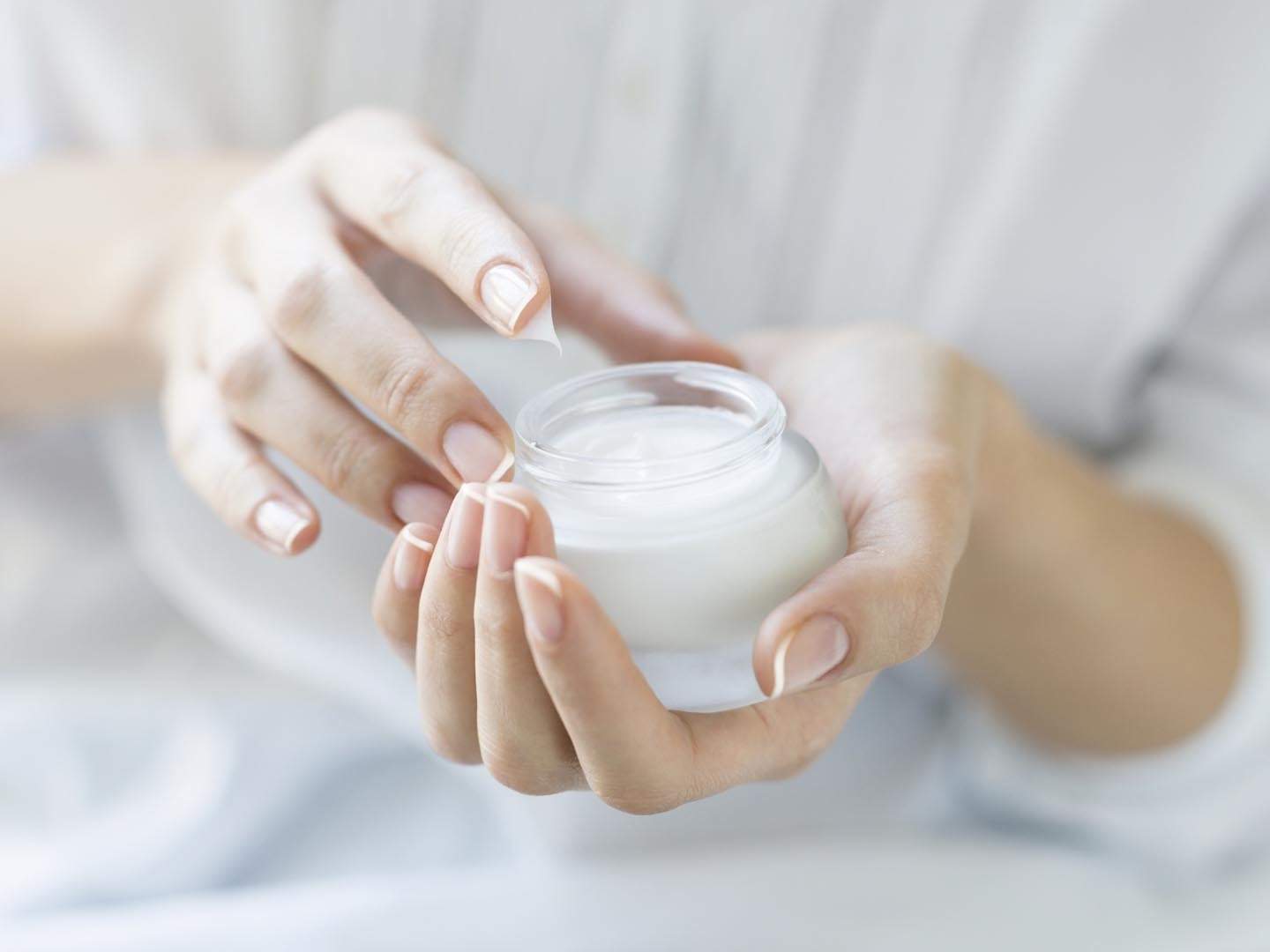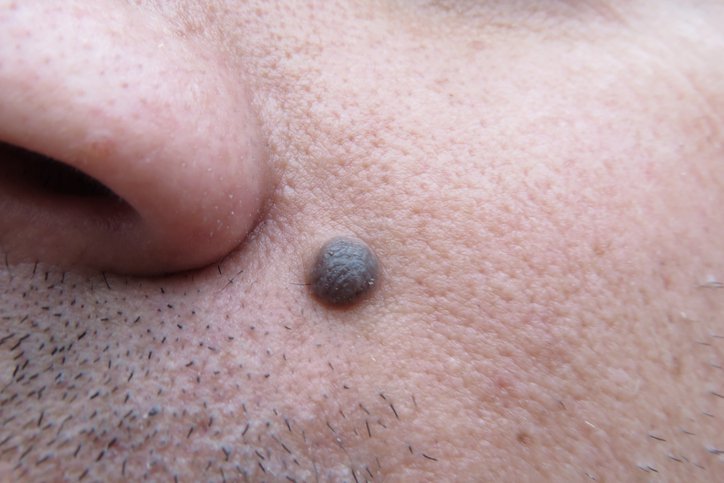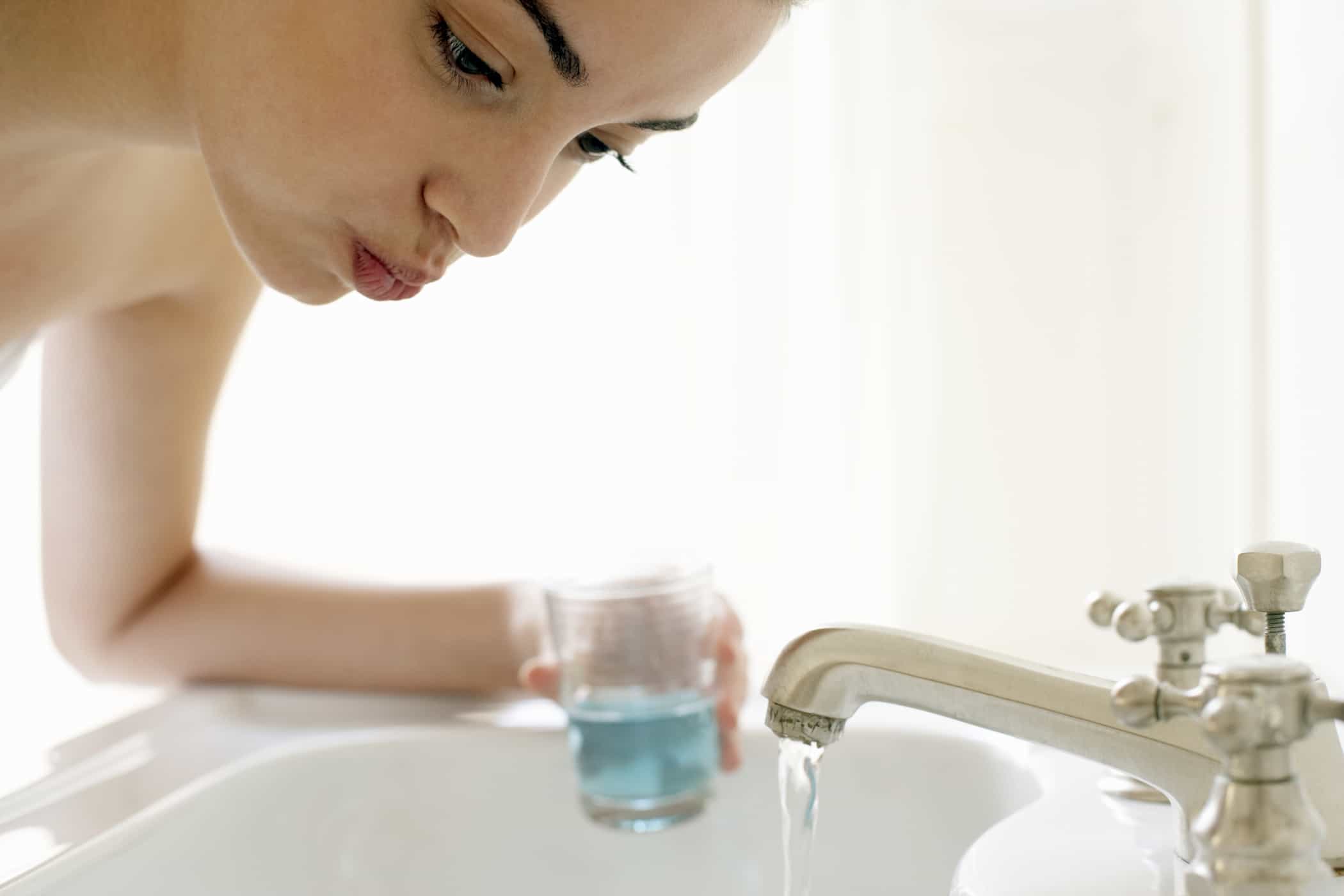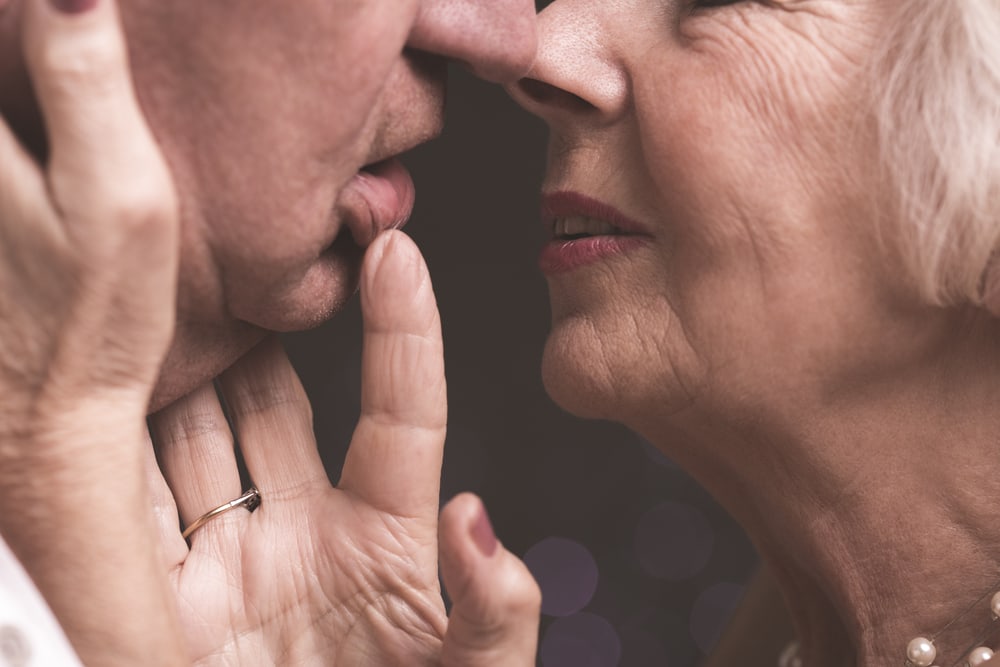Contents:
- Medical Video: How Kojic Acid Helps Reduce the Appearance of Brown Spots
- What is hydroquinone?
- How does hydroquinone work on the skin?
- Rounding out the controversy surrounding the safety of hydroquinone
Medical Video: How Kojic Acid Helps Reduce the Appearance of Brown Spots
Face creams containing hydroquinone are excellent facial care products for many women in recent years. The claim, this face cream is able to whiten and brighten skin color, disguise brown spots on the face, aging stains, chloasma, and eliminate acne scars. But, is it true that this cream is harmful to the skin, as the mass media always heralded? See here the full explanation.
What is hydroquinone?
Hydroquinone is a skin whitening agent.Until now, hydroquinone is still the most effective topical active ingredient in whitening the skin. However, in the US, according to FDA statistics, the number of products containing hydroquinone has decreased from 206 (in 1993) to 151 (in 2007) and in 2009 there were only 32 products.
How does hydroquinone work on the skin?
The way hydroquinone works is to prevent skin pigmentation.
Melanocytes are pigmented cells (called melanin) in the outermost layer of the skin (epidermis). There are many longitudinal tufts that reach the upper epidermal cell layer to transport the melanin bag up there.
Melanin plays a role in protecting the skin from the effects of ultraviolet radiation. This is why after exposure to sunlight, your skin will become darker. White people tend not to have a melanin bag when exposed to sunlight. If you are exposed to sunlight for a long time without protection from this "guard" melanin, you will be very susceptible to skin cancer. Melanin is only formed if there is an enzyme called tyrosinase. Hydroquinone is an enzyme inhibitor.
There is no tyrosinase, no melanin. The absence of melanin will make your skin brighter. This causes the skin to no longer be protected by its natural mechanism. However, this is not the real reason why hydroquinone is becoming less popular in whitening products.
Rounding out the controversy surrounding the safety of hydroquinone
According to the FDA in 1982, hydroquinone levels below 2% were considered safe. However, in 2006, the FDA revoked its statement regarding the safety of hydroquinone after several studies showed that hydroquinone worked to penetrate the skin and cause liver and kidney disease in lab rats. However, to date, no research has been able to ensure that hydroquinone is capable of causing pathological changes in humans. So, there is no official conclusion from the FDA. We only know that hydroquinone is still approved for use in free products and is the only active ingredient that is FDA recognized in treating hypertonic disorders.
In 2006, the American Academy of Dermatology recommended that 4% hydroquinone used in medical supervision be safe and effective in treating hyperpigmentation disorders. According to a recent report from the Cosmetic Ingredient Review (CIR) in 2014, the level of safety of hydroquinone allowed in cosmetics was 1% or less. However, we cannot use it continuously for a long time. According to this report, even in these concentrations and uses, hydroquinone is only safe for use in short-term cosmetic products. In addition, hydroquinone is still considered safe in nail care products.
Hopefully this article gives you a little knowledge about hydroquinone, which is an effective whitening agent but also has a lot of security related debates.
Hello Health Group does not provide medical advice, diagnosis or treatment.












